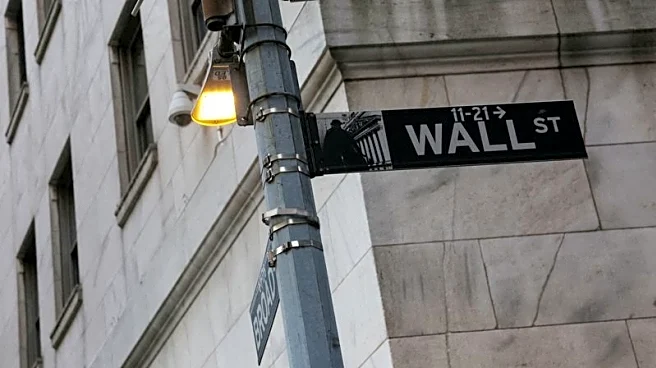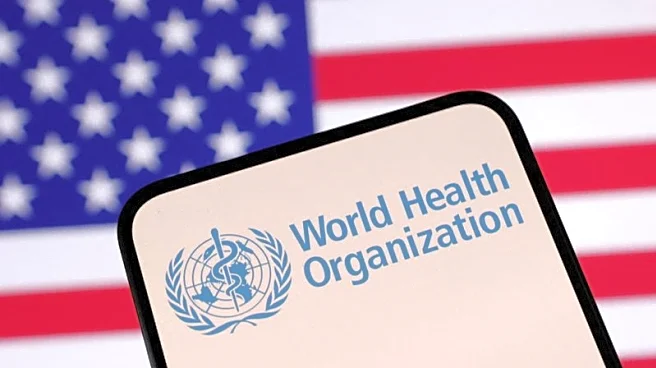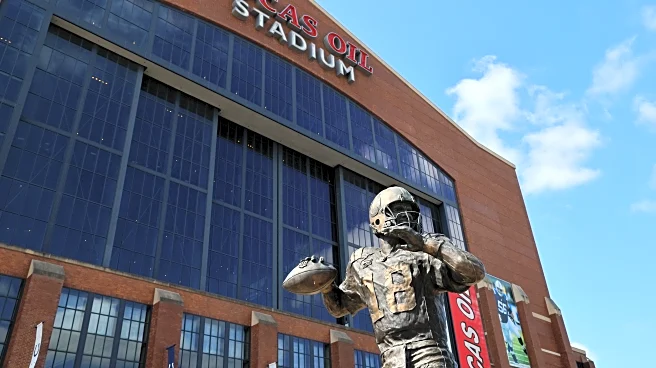What's Happening?
In San Francisco, major philanthropists are exerting influence through substantial donations, often accompanied by conditions. Marc Benioff, CEO of Salesforce, has been vocal about issues such as crime
and homelessness, even suggesting President Trump deploy the National Guard to the city. His comments have sparked debate about the role of wealthy donors in shaping public policy. Laurene Powell Jobs criticized this trend, describing it as 'moral laundering' where donations mask self-interest. The controversy extends to naming rights, as seen with Mark Zuckerberg's $75 million donation to San Francisco General Hospital, which led to the hospital being named after him despite public funding covering the majority of the costs. This has raised concerns about the influence of private donations on public spaces and services.
Why It's Important?
The influence of wealthy donors in San Francisco highlights broader issues in philanthropy, where large gifts can shape public policy and infrastructure. This trend raises ethical questions about the balance between private interests and public good. While donations can provide much-needed funding, they may also lead to decisions that prioritize donor preferences over community needs. The naming rights controversy at San Francisco General Hospital exemplifies how private contributions can overshadow public investments, potentially altering the perception and governance of public institutions. This dynamic could affect how cities across the U.S. manage philanthropic contributions and maintain public accountability.
What's Next?
The ongoing debate in San Francisco may prompt policymakers to reconsider how philanthropic contributions are managed, potentially leading to stricter regulations on donor influence. Civic leaders and community groups might advocate for transparency and accountability in how donations are used, ensuring that public interests are prioritized. As discussions continue, other cities may observe San Francisco's approach to managing donor influence, possibly adopting similar measures to safeguard public spaces and services from excessive private control.
Beyond the Headlines
The ethical implications of philanthropy extend beyond immediate financial contributions, touching on issues of social equity and governance. The ability of wealthy individuals to shape public policy through donations raises questions about democratic processes and the role of money in civic decision-making. This could lead to a reevaluation of philanthropic practices, encouraging a shift towards more equitable and community-focused giving that respects public autonomy.











